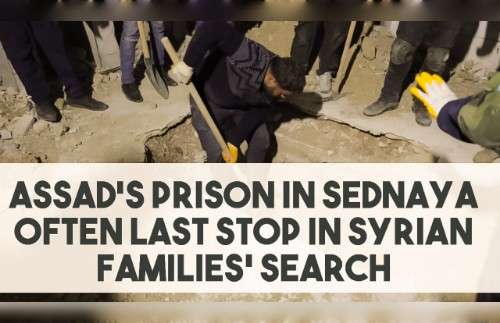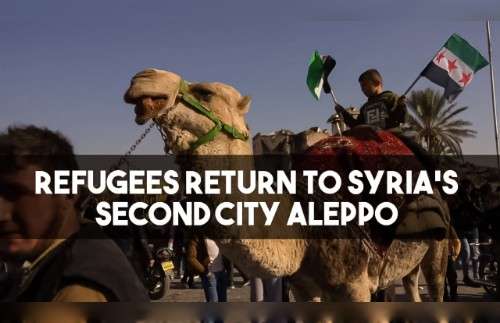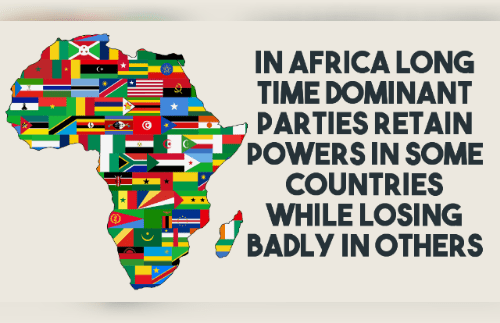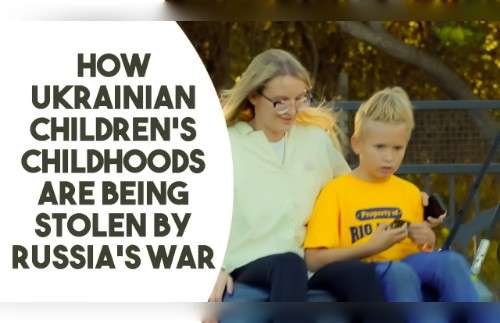At an event to launch the International Year for the Elimination of Child Labour, a survivor challenged leaders to “not just only imagine a world without child labour, but to act on it so it becomes our reality.”
Speaking at a virtual event on 21 January to launch the year, Amar Lal, a survivor of child labour himself and a child rights lawyer said his life was at risk every single day as he and his family were born in bonded labour. He said a an activist helped his parents understand the importance of education after which he was able to go to school and eventually become a lawyer.
Lal said much has been done, but it is not enough. He said as a lawyer he studies laws, regulations, and policies but on their own they are not enough. He called for a commitment to implementation, enforcement and action now.
The head of the International Labour Organization (ILO) said the world already made commitment to end child labour by 2025 and this year must be the moment when commitment is acted upon.
Ryder said there are still 152 million children engaged in child labour right now, which seems like an extraordinary figure but is actually 100 million less than at the beginning of this century. He stressed that the task of ending child labour can be done but more action is needed.
The ILO chief stressed the importance of partnerships, adding that everyone can make their own efforts however big or small. He noted that the ILO has partnerships with other UN agencies to address specific problem areas including with UNICEF, FAO, and IOM.
UNICEF Executive Director Henrietta Fore said COVID-19 exacerbated the vulnerability of children for child labour. She said, even before the pandemic, the world was dealing with rising poverty and low wages, eroding social protections, lack of quality education, and the normalization of children’s work through weak laws, and a culture of impunity in many countries around the world.
Fore said, for millions of children already engaged in child labour, the pandemic is translating into longer working hours and worsening conditions and school closures are making matters worse. She added that lingering gender inequalities are making girls more vulnerable and noted that lockdowns are dramatically reducing access to child protection services.
Nobel Peace Laureate Kailash Satyarthi said no one is free until every child is free from exploitation. He said civil society, including NGOs, trade unions, teachers’ organizations, business, and media among other, has played a significant role in the fight against child labour.
Satyarthi said the world cannot afford to lose an entire generation and the progress made in the last few decades in the post-pandemic era.
–UNIFEED
Escaping from Scam Center on Cambodia’s Bokor Mountain
UN Security Council Meets to Discuss Children and Armed Conflict
10 Shocking Revelations from Bangladesh Commission’s Report About Ex-PM Hasina-Linked Forced Disappearances
Migration Dynamics Shifting Due to New US Administration New Regional Laws
UN Security Council Meets to Discuss the Maintenance of International Peace and Security and Artificial Intelligence
Winter Brings New Challenges for Residents living in Ukraine’s Donetsk Region
Permanent Representative of Israel Briefs Press at UN Headquarters
Hospitals Overwhelmed in Vanuatu as Death and Damage Toll Mounts from Quake
Subscribe Our You Tube Channel
Fighting Fake News
Fighting Lies


















